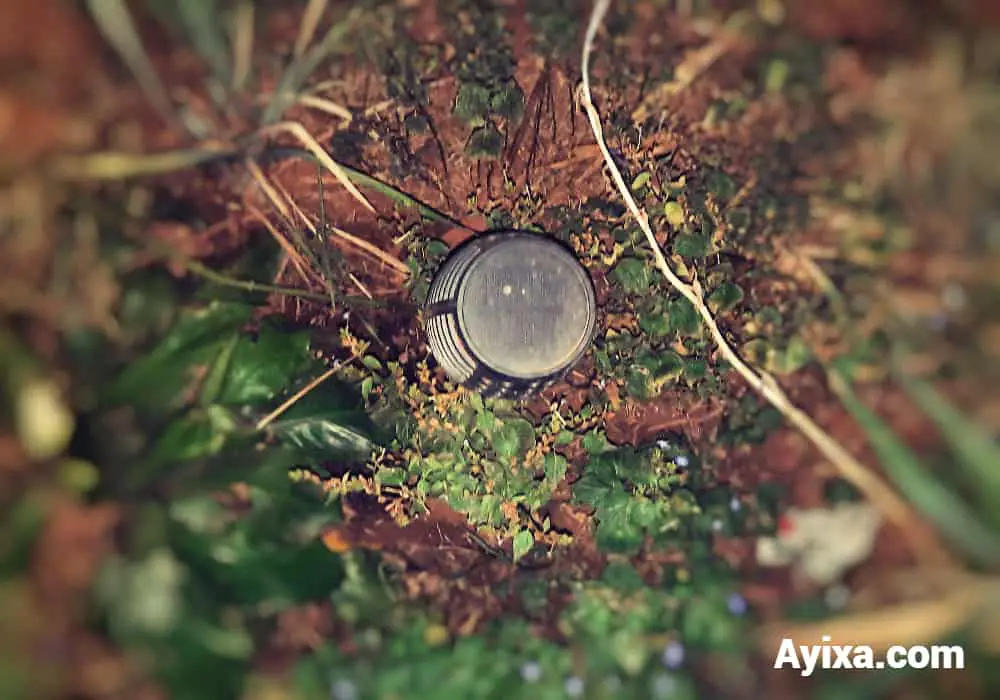Solar lights whether solar string, garden, or landscape lights besides being easy to install, can add that beautiful glow to your property at night when lighting as well giving you a sense of security.
But not all solar lights are created equal in terms of ability to operate outdoors reliably.
In fact, it is important to check that your solar lights can work reliably when exposed to the rain to avoid the stress of returns and possibly loss of money should they fail.
After all, several consumers have reported that certain brands of solar lights seep water when it rains and stops working.
So, this article sheds light on what happens when solar lights are exposed to the rain, why they may fail to work after the rains, and what you can do to protect them when it rains.
Do Solar Lights Work in the Rain | Do they Charge?
Solar lights whether solar garden, landscape, string, or floodlights can work in the rain provided they are designed to withstand exposure to the rain.
They can charge during rainy weather albeit at a slower rate and light once it is dark too.
The intensity of the lights and the duration for which they provide lighting might be shorter than usual because of cloudy, overcast weather that reduces the sun’s intensity and the amount of energy that is stored and available in the batteries for lighting.
Why Solar Lights Might Not Work in the Rain?
In some cases, the solar lights might not work in the rain if:
- the solar batteries have not been able to charge sufficiently. If the sky is overcast for much of the day and the solar light batteries are severely drained then the solar lights will not light.
- rain water has seeped into the solar light electronics and damaged them. If the lights do not have the right protection or are of poor quality then you can have a case of rain water seeping into the lights and damaging the internal electronics.
Related but just as important, rainy weather often results in cold days that can result in the buildup of condensation that damages the electronics if they are not properly sealed.
Should You Leave Your Solar Lights in Rain | How to Check if Solar Lights are Water proof?
You can leave your solar lights outdoor in the rain if they are designed to withstand exposure to the rain. Such solar lights carry a rating of either IP65, IP66, or IP67 and are considered waterproof though to varying levels described as follows:
- IP65, protected against dust and water from a nozzle
- IP66 , protected against dust and powerful jets of water or,
- IP67, protected against dust and immersion.
In addition to checking the IP rating information, check the user reviews of the product.
Some manufacturers have made false claims that their solar lights were waterproof only for the users to see their products fail after the rains because of water seeping inside.
How to Protect Solar Lights from Rain?
To protect the solar lights from rain,
- always confirm that the solar light is meant for use indoors, outdoors, or both and install accordingly.
An indoor-rated solar light will be damaged when exposed to rain.
- Secondly, pay attention to the IP rating designation of the solar light.
Only solar lights with an IP67 are designed with the necessary protection from flooding or immersion in water.
Items with IP65 and IP66 will not survive.
Items with an IP rating of 65 should be installed under the porch where they are only exposed to limited rain at most to avoid damage from the rains.
Related Topics
Can You Put Solar Lights in Water?
You should only put solar lights with an IP rating of 67 in water. Solar lights with lower designations will suffer damage from immersion in the water.
What to Do if The Solar Lights are Not Working After the Rain?
If the solar lights fail to work after rains (and they have been working as expected), it could be a case of either the solar light batteries did not charge sufficiently because of the cloudy weather, rainwater leaked into the light enclosure damaging the circuitry.
- Inspect the solar lights for any water leaks into the enclosure. If there is any, then it is most likely a case of damaged circuitry in the solar light. it is best to replace it.
- If there are none, it is likely a case of insufficient charging of the batteries because of the cloudy weather.
In this case, you have the option of charging the batteries with an external charger that is suited to charging the solar light battery type or waiting a few days for the lights to charge sufficiently after which they should start working as expected provided there is enough sunshine.
Final Thoughts
Rain can damage your solar lights if they are not designed for use outdoors.
In addition to the outdoor rating, check and IP rating of the light and install it accordingly. For example, solar lights with an IP rating of 67 only can be immersed in water.
Lastly, check the manufacturer’s waterproof rating claim against user feedback to confirm that it holds up.
Related Posts
